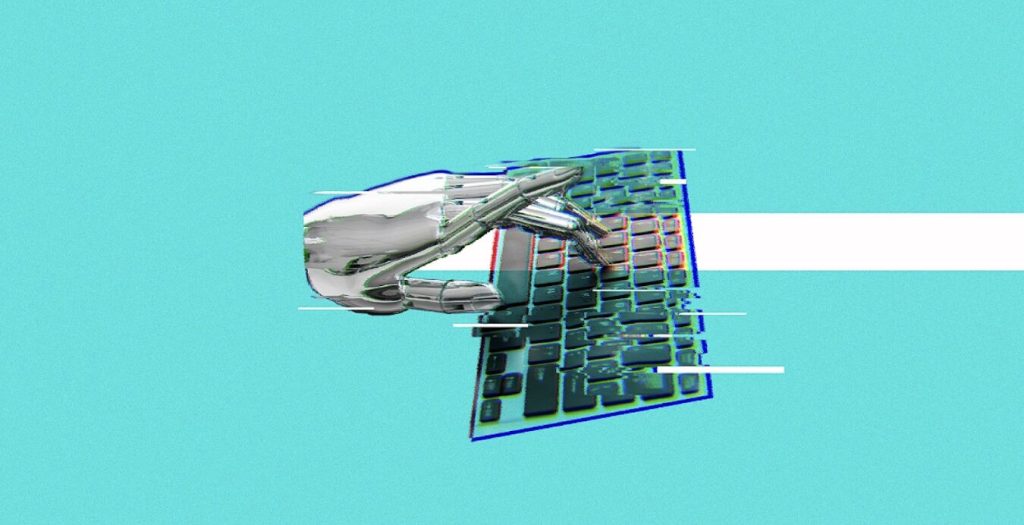How High Performers Do The Hard Things
Mindset, tricks and the neuroscience of tackling the hard tasks.
Everyone has a list of things they should do when they have free time, but don’t want to: refactor that messy code, document the process you keep explaining, tackle the feedback conversation you’ve been avoiding, or finally update your portfolio.
You know these things will pay off. But when the time comes? Scrolling LinkedIn or refilling your coffee or any other task suddenly feels like a better idea.
The difference between average and high performers is what they do in these moments of resistance.
Let’s break it down:
- Why our brains resist complex tasks
- The science behind pushing through
- How high performers get things done (especially when they don’t feel like it)
- When to question if the tricky thing is worth doing at all
Why Do We Avoid Hard Things?
Even the most disciplined professionals procrastinate. Here’s why:
- No urgency: No one is chasing you to do it.
- It feels too big: Large tasks are overwhelming.
- It’s tedious: Repetitive, unglamorous work is easy to push off.
- It’s uncomfortable: Maybe it requires an uncomfortable conversation, and uncertainty makes it daunting.
- It’s not immediately rewarding: The payoff is far in the future, and in the modern day, we are increasingly wired to seek instant gratification.
This is all normal. Our brains naturally want to avoid effort. But here’s the thing! Every time you push through that, you rewire your brain to improve at doing hard things.
The Neuroscience of Doing Hard Things
Studies show that overcoming resistance strengthens the anterior mid-cingulate cortex. This part of your brain is linked to persistence and problem-solving (PMC). High performers don’t just have better habits; their brains are literally wired to overcome and even embrace this discomfort.
Think of it like strength training. Each time you tackle something hard, you build resilience, making the next challenge a little easier. It’s not a one-and-done; you don’t just go to the gym once and get strong. Your brain is no different, so with each challenging task completed you strengthen your mind, little bit by little bit.
What High Performers Do Differently
High performers don’t have superhuman willpower. They just know how to minimise or completely remove the friction between themselves and the action.
Here’s where to start when that next challenging task comes your way.
- Eat the Frog 🐸 : If you had to eat a frog, you wouldn’t put it off, so tackle it early, before distractions and more procrastination creep in!
- Set a hard start time: Instead of “I’ll do it later,” commit to a specific time: “I’ll start this at 9 AM tomorrow” and block it out in your calendar.
- Lower the activation energy: The hard part is usually starting, so just start! Draft the first sentence, or even just open the file!
- Use external accountability: Share a deadline with a colleague or manager.
- Change of Scenery: Sometimes, even just a reset of clearing the area, or moving to a new room or a local coffee shop, can spark the motivation.
- Reward yourself: Good old bribery still works a treat – so get yourself a coffee, take a break, or have something enjoyable lined up for when you finish the task.
- Imagine the downside of not doing it: What’s the cost of avoiding it? A missed opportunity? A last-minute scramble?
Not Every Hard Thing Is Worth Doing
Before pushing through, ask yourself:
- Is this actually necessary?
- Can it be automated or delegated?
- Does it need to happen now or at this level of detail?
Discipline is essential, but knowing which hard things to tackle is even more critical.
So, what’s the thing you don’t want to do today?
Go do it.










